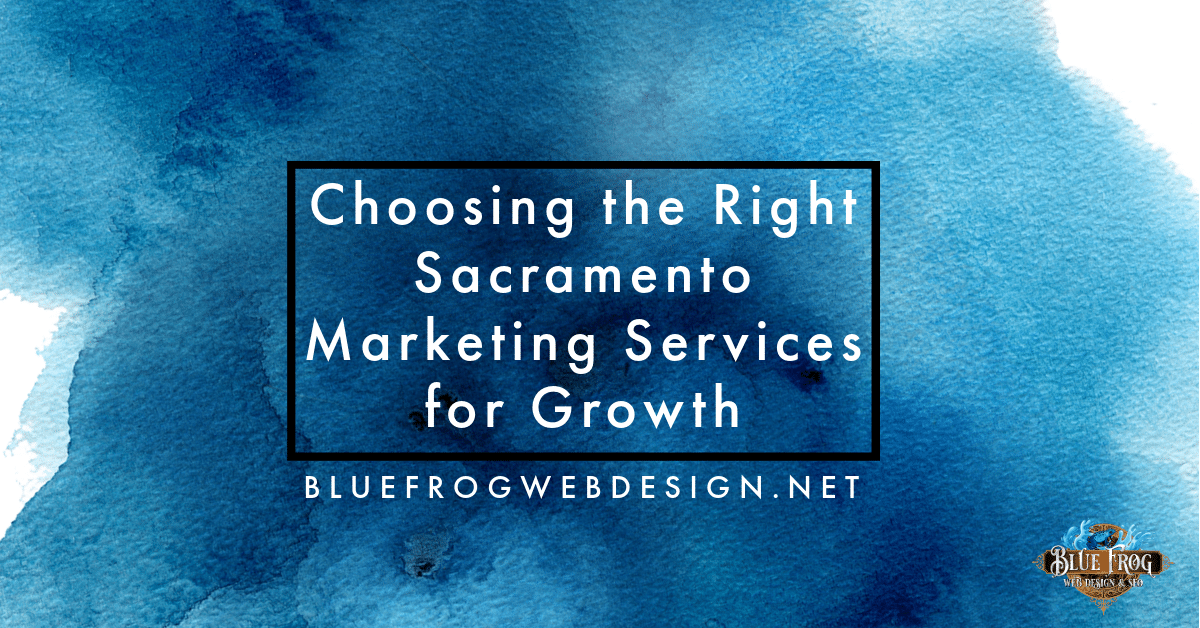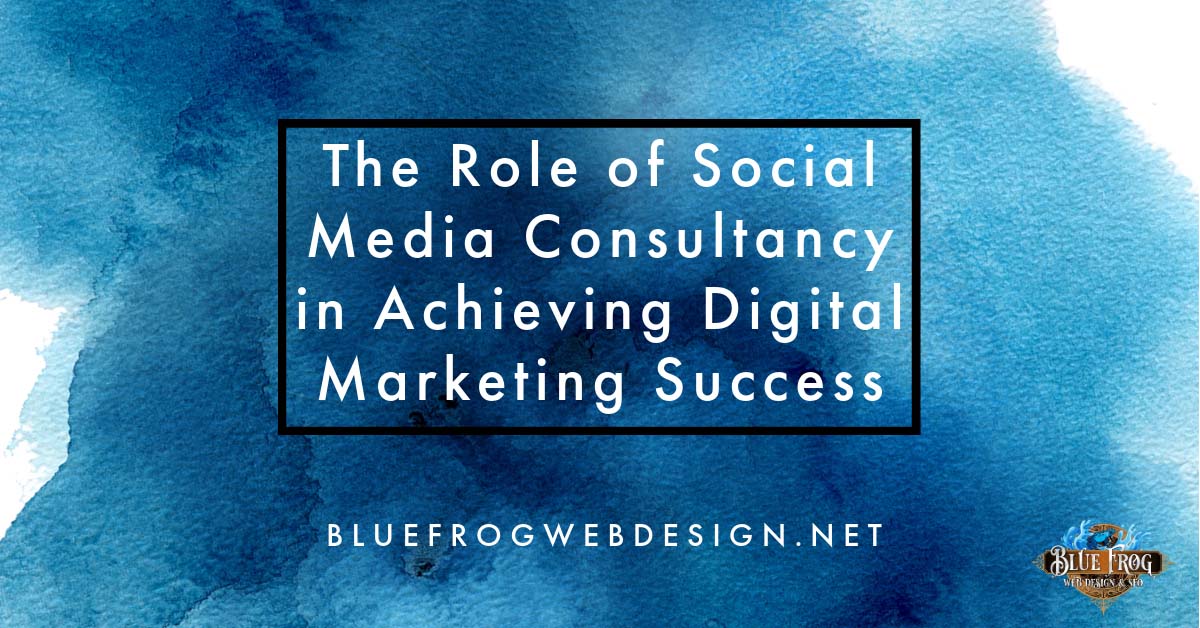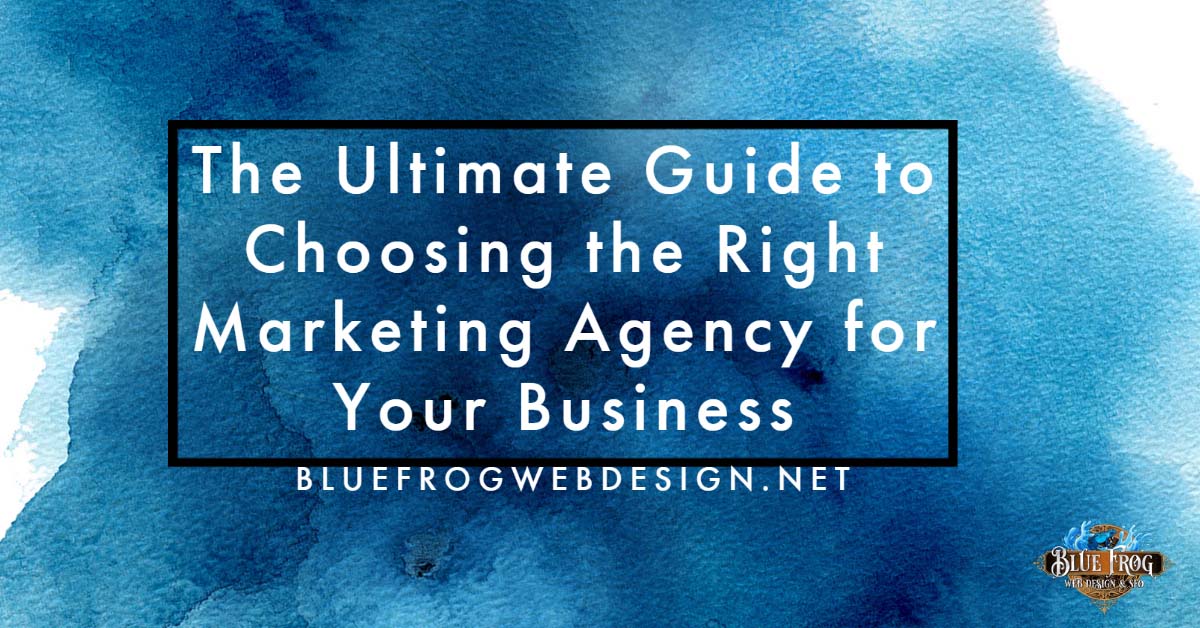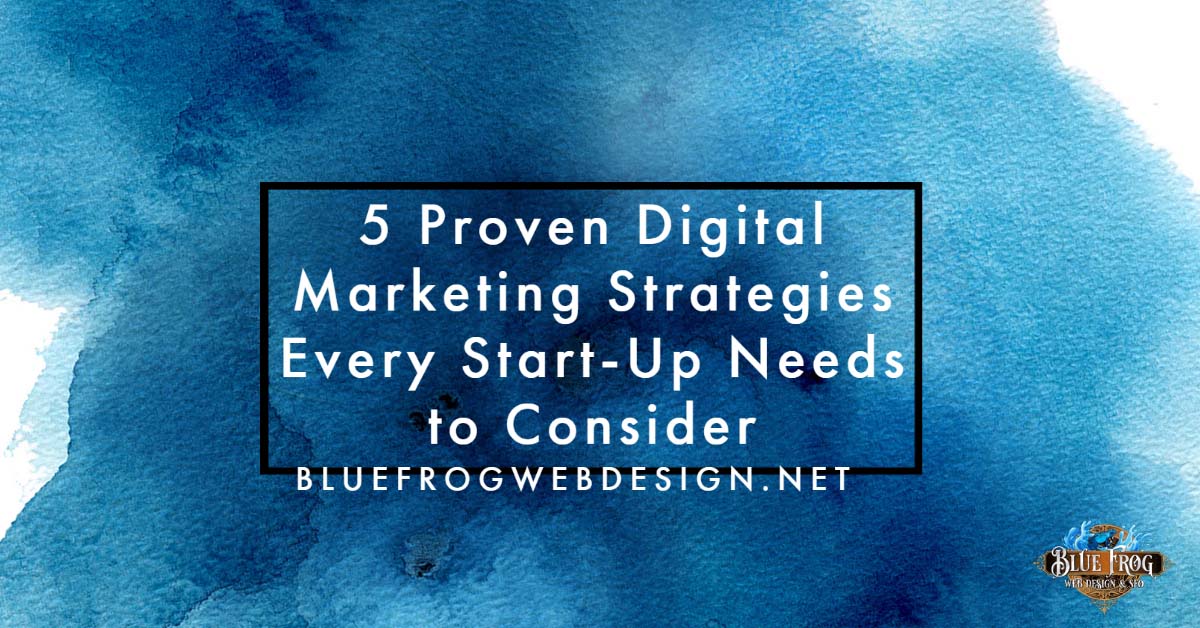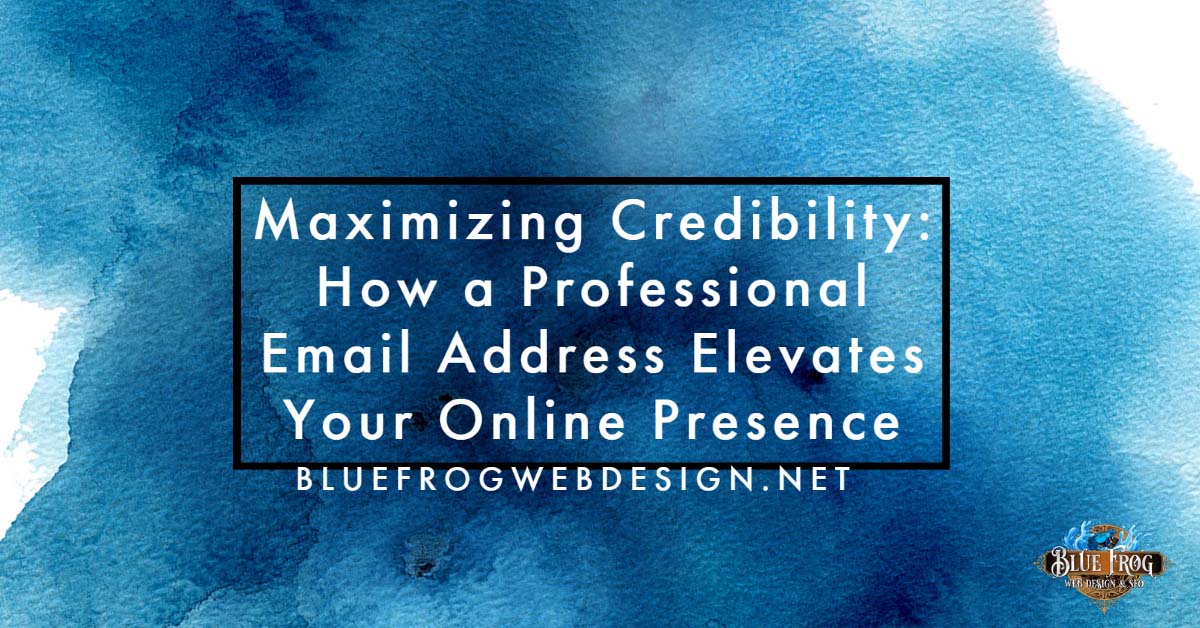

How Deinfluencing is Reshaping Brand Marketing
Deinfluencing, characterized by its emphasis on authenticity, challenges the traditional influencer model by prioritizing meaningful interactions over superficial endorsements. As brands seek to forge deeper connections with their audience, understanding how de-influencing is reshaping brand marketing becomes necessary.
The pitfalls of traditional influencer marketing
Traditional influencer marketing, once hailed as a game-changer for businesses, now faces numerous pitfalls. Oversaturation of sponsored content inundates consumers, diluting brand messages and leading to disengagement. Authenticity, the cornerstone of effective marketing, often takes a backseat as influencers prioritize paid partnerships over genuine connections. Consequently, trust in influencers dwindles, impacting the credibility of endorsed products or services. Declining engagement rates and diminishing returns on investment exacerbate the situation, leaving businesses frustrated and seeking alternatives. So, to market your business more successfully, you need to recognize these challenges and pivot towards strategies that prioritize authenticity and genuine connections. That is where deinfluencing, a brand-new approach, comes in.
Understanding deinfluencing
Deinfluencing flips the script on traditional influencer strategies. It revolves around genuine connections and authentic relationships rather than transactional endorsements. In essence, deinfluencing prioritizes transparency and honesty, fostering trust between brands and consumers. Of course, you’ll still get all the benefits of influencer marketing, like increased reach, brand awareness, and engagement, but you’ll build a more genuine connection with your audience. This approach resonates particularly well at an over-saturated time when authentic content reigns supreme. It’s not about flashy sponsorships or superficial endorsements; it builds genuine narratives and fosters real connections.
Why deinfluencing works
Deinfluencing is reshaping brand marketing due to its emphasis on authenticity. Unlike traditional influencer marketing, which often feels forced and insincere, it builds trust organically by fostering fundamental interactions. Businesses can build stronger customer relationships through this approach, leading to increased loyalty and advocacy. Likewise, it leverages micro-influencers and actual customers, amplifying reach through genuine advocacy rather than relying solely on high-profile endorsements. Furthermore, embracing deinfluencing principles can complement other marketing strategies like affiliate marketing. So, businesses can establish even stronger connections with their audience and drive sustainable growth.
How to incorporate deinfluencing into your marketing strategy
To incorporate deinfluencing, identify your brand’s core values and narrative, which will serve as your foundation. Next, cultivate genuine relationships with micro-influencers and actual customers who align with your brand ethos. Encourage user-generated content and authentic storytelling to showcase your community’s experiences and voices. Embracing transparency and honesty in your communications is essential for building trust and credibility with your audience. This way, you can tap into the power of authentic connections to drive meaningful engagement and long-term loyalty. Remember to continually evaluate and adjust your approach based on feedback and insights to ensure your deinfluencing efforts resonate with your audience effectively.
Leveraging user-generated content
Leveraging user-generated content (UGC) can significantly enhance your brand‘s visibility and credibility in the eyes of consumers. By encouraging customers to share their experiences, you amplify your reach and can even successfully tap into the authentic voices of satisfied users. Highlighting real-life stories and testimonials through UGC creates a sense of trust and relatability among your audience, as they see others enjoying and benefiting from your products or services. Besides, UGC fosters a community around your company, where customers feel valued and connected to your mission. This genuine engagement can increase loyalty and advocacy as satisfied customers become ambassadors for your products and services. Ultimately, you can improve your reputation and cultivate a loyal customer base that promotes and supports your business. However, remember to acknowledge and reward customers who contribute to your UGC efforts to strengthen their bond with your business.
The role of micro-influencers in deinfluencing
Micro-influencers play a massive role in deinfluencing, offering a more authentic and relatable alternative to traditional influencers. With smaller but highly engaged followings, these individuals build a genuine connection with their audience, making their endorsements more credible and impactful. So, by partnering with micro-influencers who align with your company values, you can tap into niche communities and target demographics more effectively. This way, micro-influencers enable brands to reach smaller, more targeted audiences while achieving meaningful results. Besides, micro-influencers are often more cost-effective than their larger counterparts, making them a valuable asset for businesses looking to maximize their marketing budget.
Measuring success in deinfluencing campaigns
Moving beyond vanity metrics like follower count, you must focus on meaningful indicators such as engagement, brand sentiment, and customer loyalty. So, tracking metrics like likes, comments, and shares can provide valuable insights into the resonance of your content. Similarly, monitoring brand sentiment through sentiment analysis tools allows you to gauge the overall perception of your brand among consumers. From there, assessing customer loyalty metrics like repeat purchases, referrals, and brand advocacy determines the long-term impact of deinfluencing campaigns. By analyzing these metrics comprehensively, brands understand the success of their deinfluencing efforts and make data-driven decisions.
Overcoming challenges in deinfluencing
Overcoming challenges in deinfluencing requires a strategic approach and adaptability. One common challenge is handling negative feedback and criticism, which can arise when authenticity is compromised. Addressing these concerns transparently and authentically can help mitigate their impact on brand perception and trust. Similarly, maintaining authenticity amid commercial pressures is needed to preserve deinfluencing integrity. By staying true to their values and focusing on genuine connections, brands can overcome the temptation to prioritize sales over authenticity. Another challenge is building resilience and adaptability in deinfluencing strategies to keep up with changing consumer preferences and market trends. That requires a willingness to experiment, learn from failures, and evolve strategies accordingly.
Leveraging the way deinfluencing is reshaping brand marketing
There’s no denying that deinfluencing is reshaping brand marketing and holds immense potential. Prioritizing authenticity and genuine connections offers brands a powerful tool to engage with their audience on a deeper level. So, as marketing changes, embracing the principles of deinfluencing will be helpful for brands looking to foster meaningful relationships.
Need help with your marketing?
Let my team help you like we’ve helped lots of other businesses dominate their rankings and attract better-quality leads.



